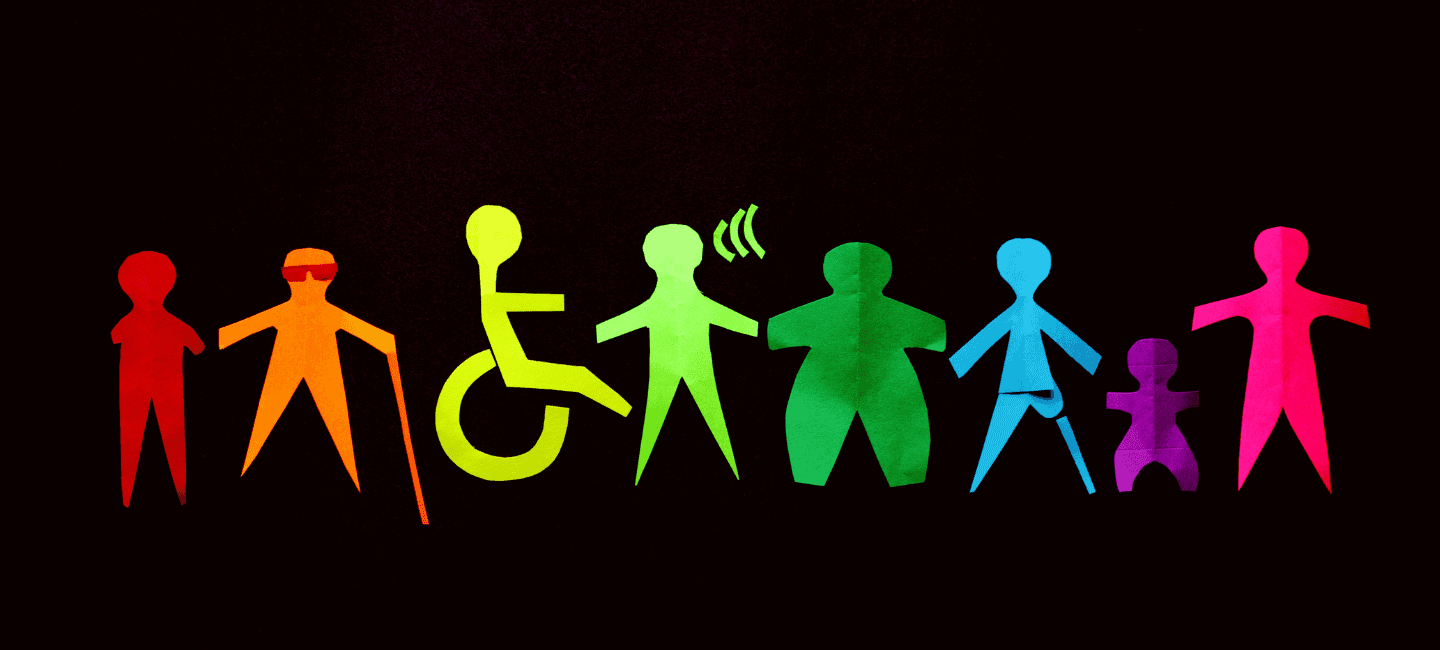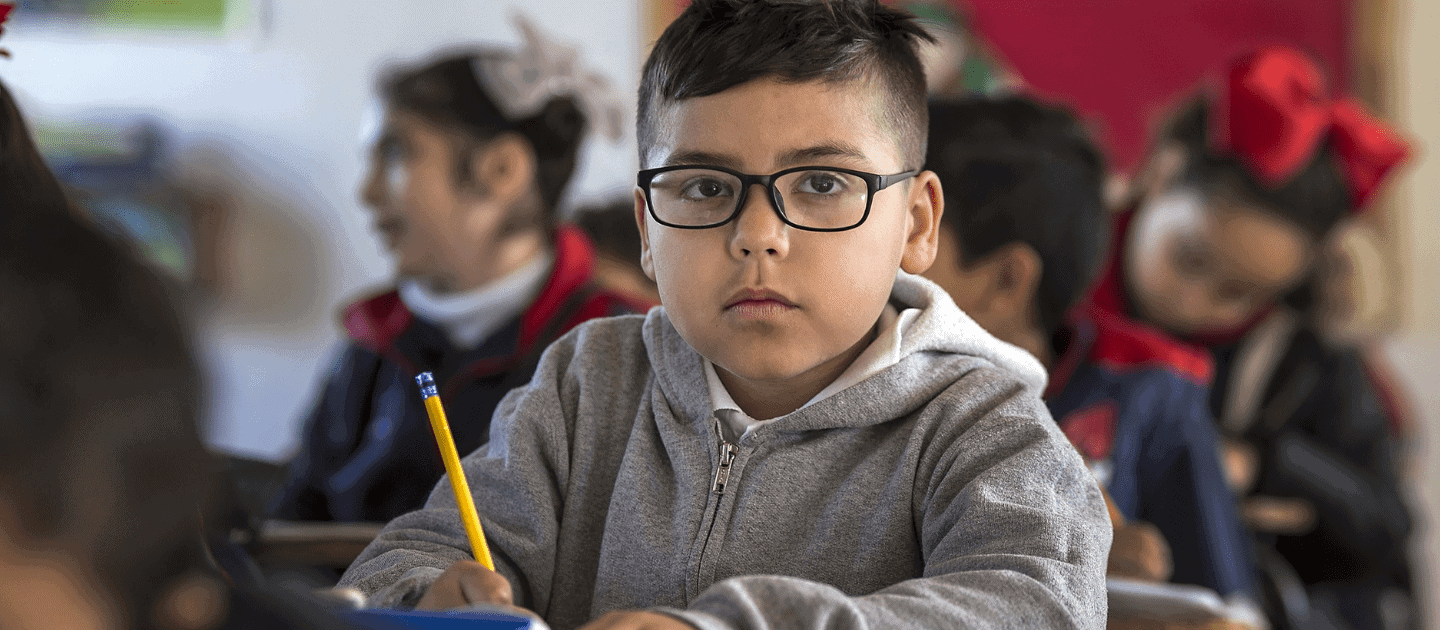Artificial Intelligence Enabled Personalized Assistive Tools To Enhance Education of Children With Neurodevelopmental Disorders

Personalized Learning Mind and Brain Education Mental Health Children’s ability to learn effectively can be impacted by social and communication deficits and difficulties adapting to changes in their environment. To improve outcomes for children, it is important to provide timely and effective interventions. This review summarizes the range and effectiveness of AI-assisted tools, developed using […]
Let’s talk evidence–The case for combining inquiry-based and direct instruction

Inquiry-based learning has been regularly criticized by scholars who favor direct instruction. The authors in this paper push back on this sentiment by reviewing the evidence and arguing that a more complete interpretation of the literature demonstrates that inquiry-based instruction produces better overall results for acquiring conceptual knowledge than does direct instruction in a science/STEAM […]
Working memory – a predictor of word learning

The authors of this paper wanted to provide evidence that working memory could explain word learning variance in children, “over and above the contributions of expressive vocabulary and nonverbal IQ.” Working memory can act as a predictor Verbal working memory measures positively correlated with vocabulary and grammar scores in a person’s first and second language. […]
Practice and Innovations of Inclusive Education at School

The study by Kozibroda et al. (2020) was conducted as a meta-analysis of research into the practice and innovations of inclusive education following a noteworthy increase of inclusive classes and a rise in the number of teaching assistants within the Ukrainian education system from 2016-2019.
The Effect of Teacher Autonomy and Student-Teacher Relationships on Depression

The prevalence of depression among adolescents and early adolescents in China has received more attention in recent years. Few studies have examined the influence of both autonomy and relatedness support combined as a protective and corrective effect on depression.
The Effectiveness of Campus Counseling for Students with Disabilities

The prevalence of depression among adolescents and early adolescents in China has received more attention in recent years. Few studies have examined the influence of both autonomy and relatedness support combined as a protective and corrective effect on depression.
Empowering SEN Students in Science: inclusive experiences & strategies to enhance conceptual understanding

As educators, we must consider our collaborative planning, teaching, and assessment practices for Special Educational Needs (SEN) students to establish a deliberate connection between their Individual Education Program (IEP) and mainstream science objectives.
Success Using Self-Determination Theory to Foster Intrinsic Motivation

It can be tempting to implement rewards and punishment in the classroom and educators tend to forget about the importance of intrinsic motivation to foster academic growth and engagement.
Exploring the Impact of Professional Development on Intensive Intervention Outcomes

As we consider how to structure professional development opportunities aimed at improving educator implementation of intensive intervention, it would be wise to access tools such as Desimone’s (2009) PD framework and Fuchs et al.’s (2018) Taxonomy of Intervention Intensity.
How Principals Positively Affect the Schooling of Students with Autism Spectrum Conditions: A Swedish Approach

Leaders should know how inclusion is practiced in their setting and how students’ voices are heard to inform inclusive practices and personalize learning.
